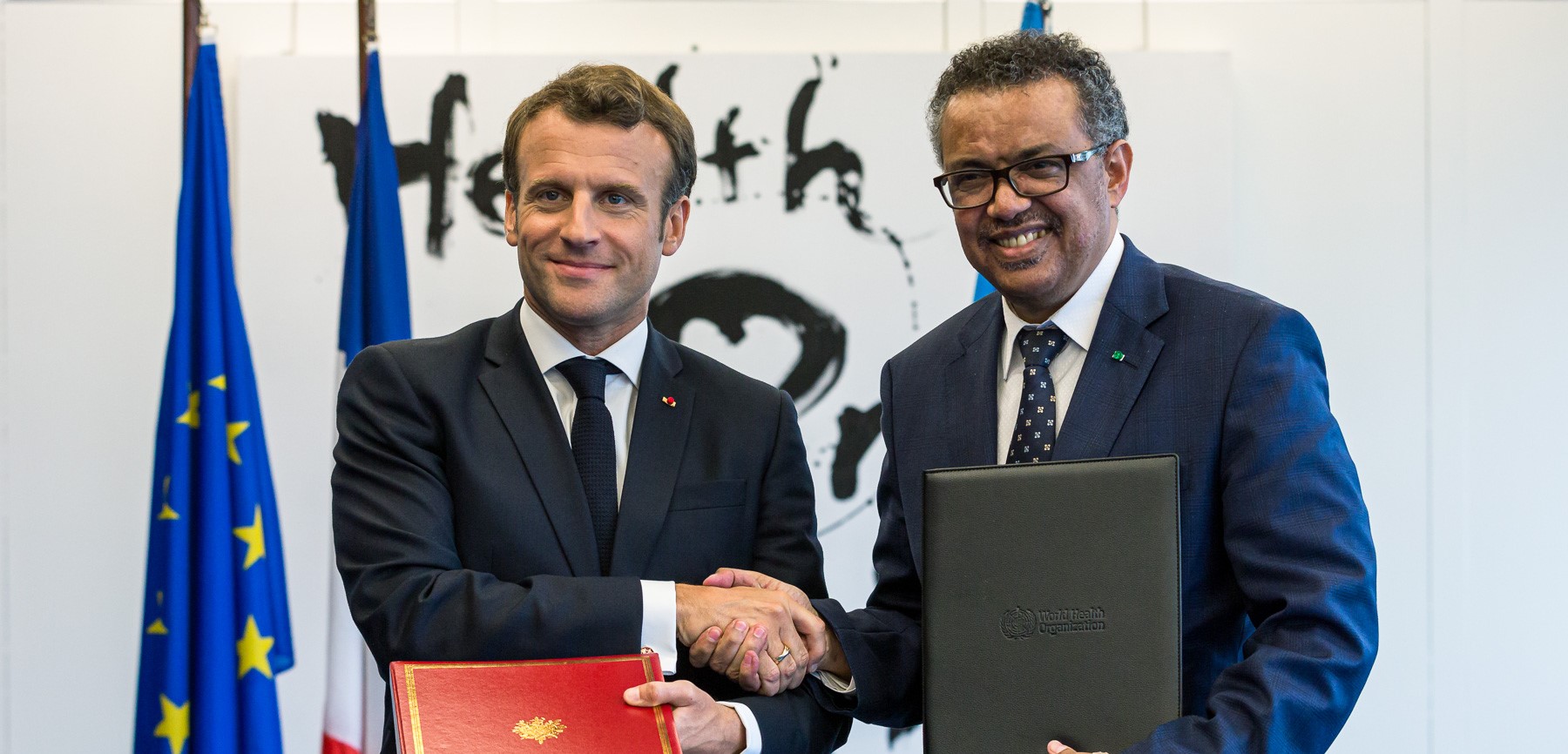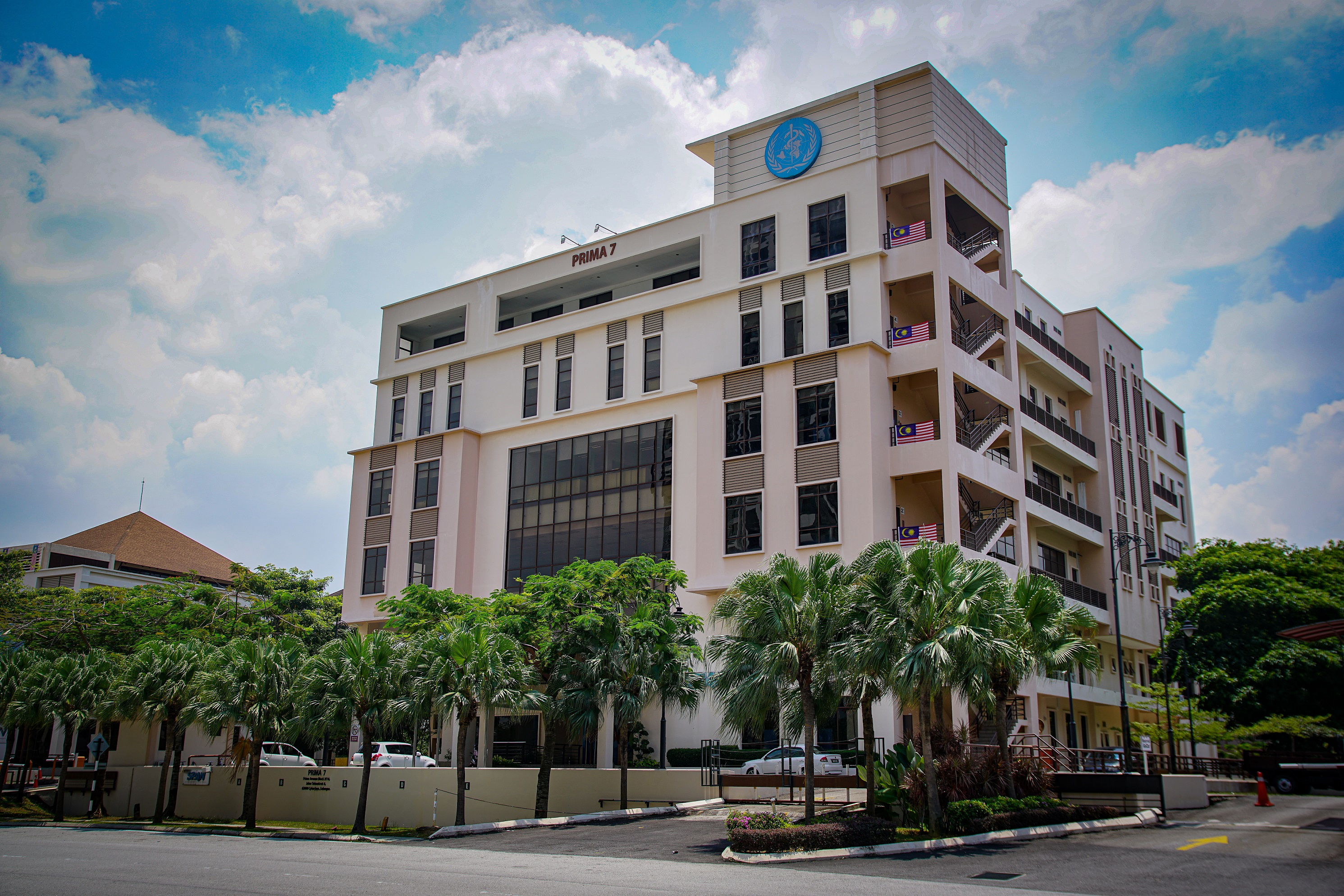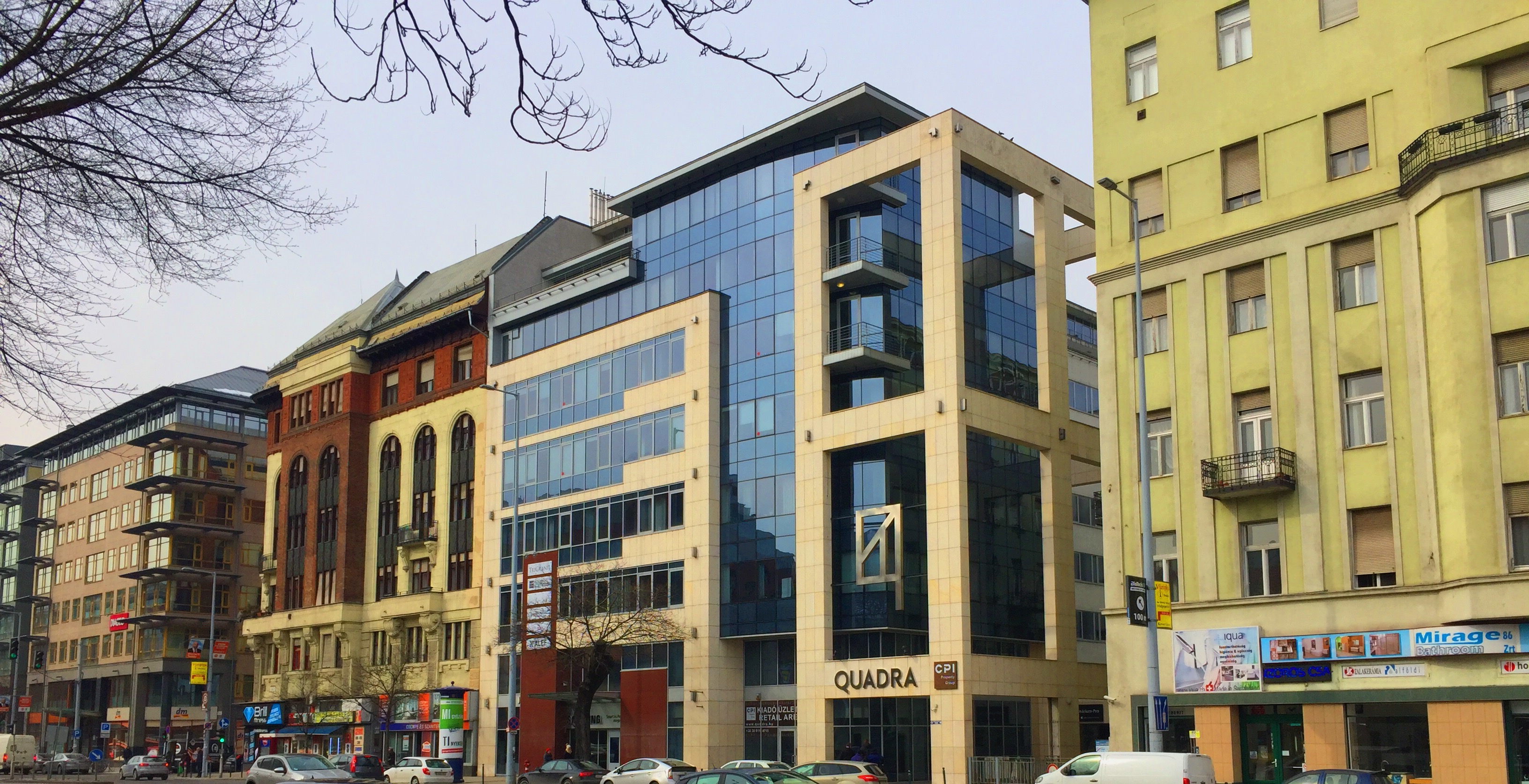
Where we work
WHO organizational structure
Different views of the WHO headquarters in Geneva, Switzerland.
A global presence that puts countries at the centre of our work
From our longstanding Geneva headquarters to our 6 regional offices, 150 country offices and other offices around the world, WHO plays an essential role improving local health systems and coordinating the global response to health threats. Discover how we work to support the efforts of governments and partners to ensure everyone, everywhere has an equal chance at a safe and healthy life.
Headquarters
WHO’s global office is located in Geneva, Switzerland.
Geneva headquarters
Since our inception in 1948, WHO has been hosted by the Swiss Federation. Our main building was inaugurated in 1966. Today, the campus is home to 2400 employees. The headquarters is currently undergoing modernization, which will be completed in 2024. The building renovation aims to increase site efficiency and decrease the operational budget by investing in a long-term modern, high standard and energy-efficient building.

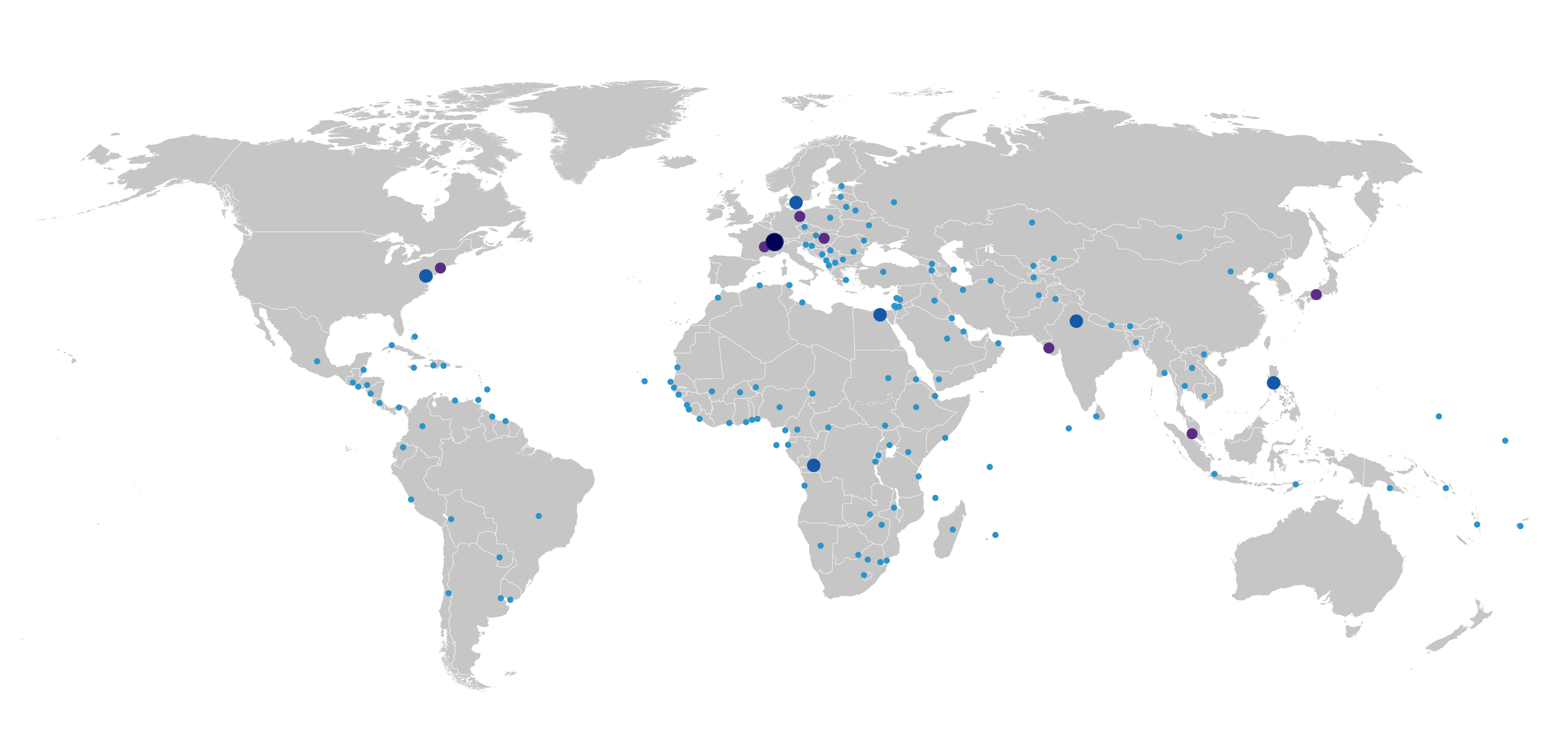

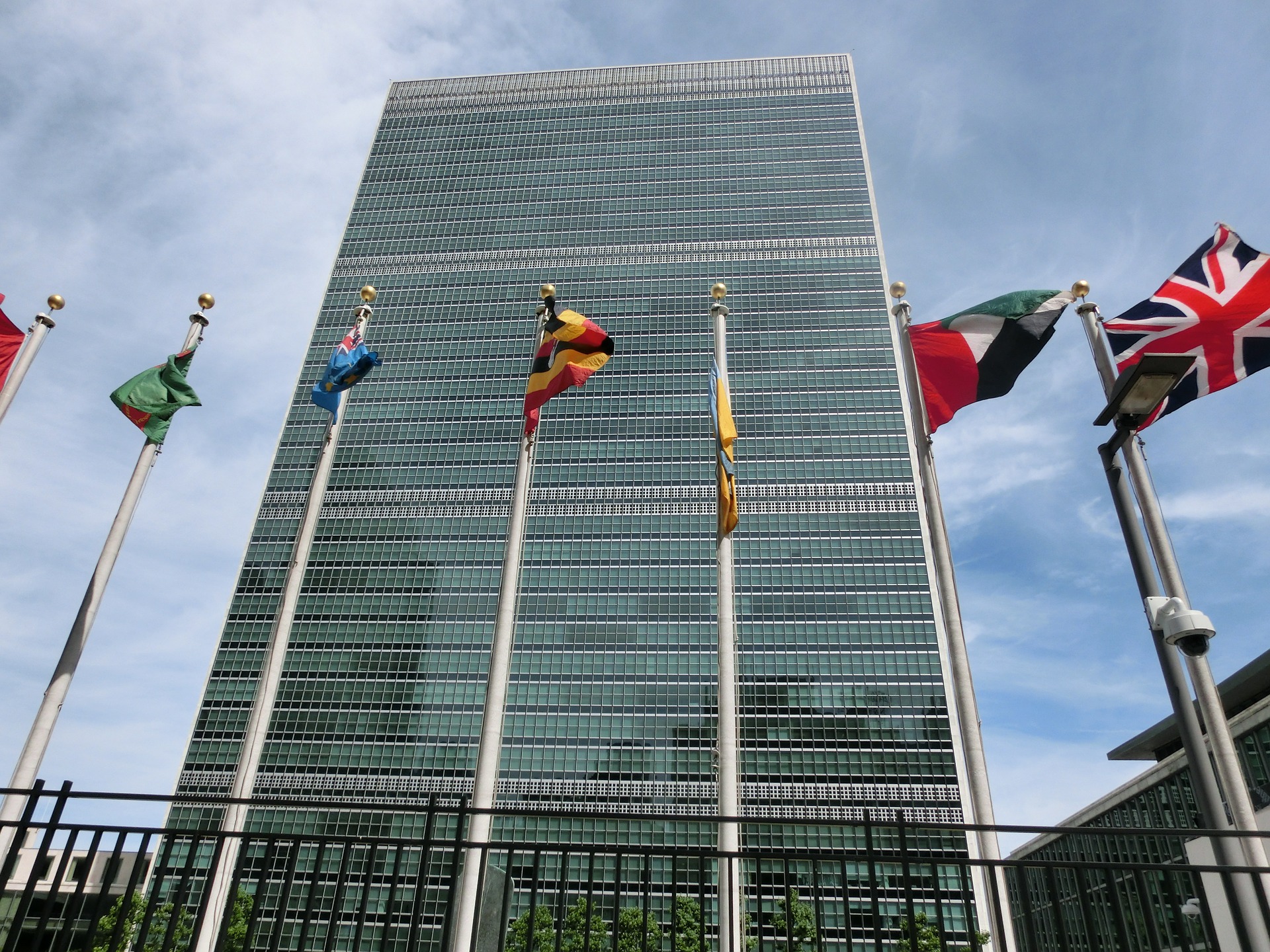
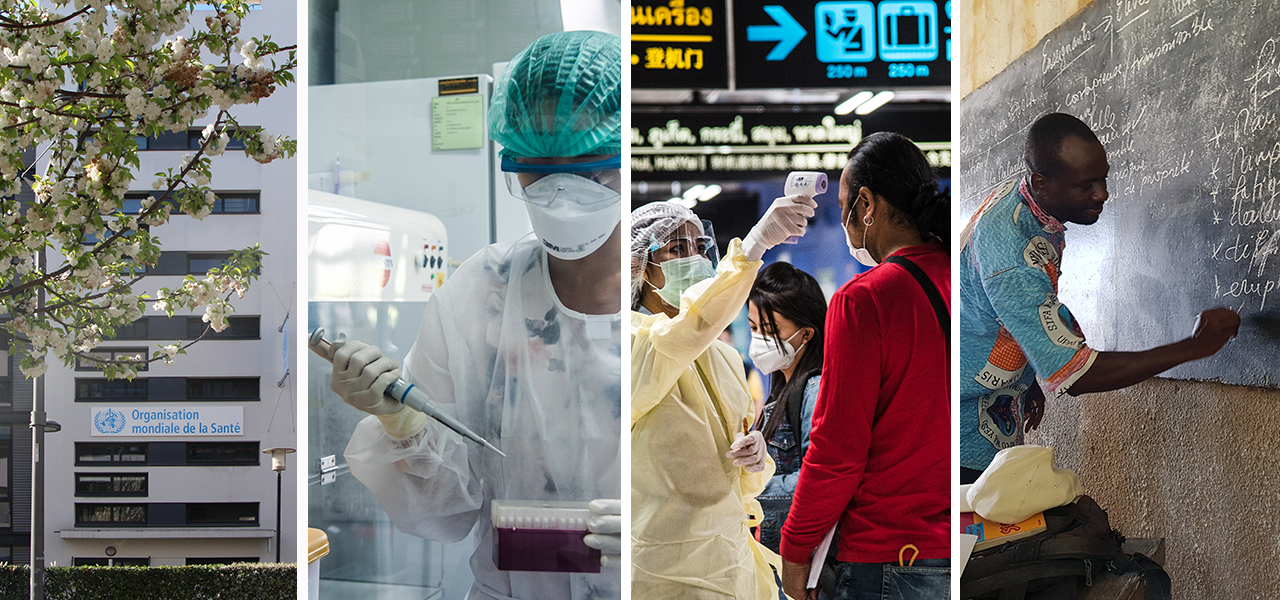
.jpg?sfvrsn=75b922dc_2)
